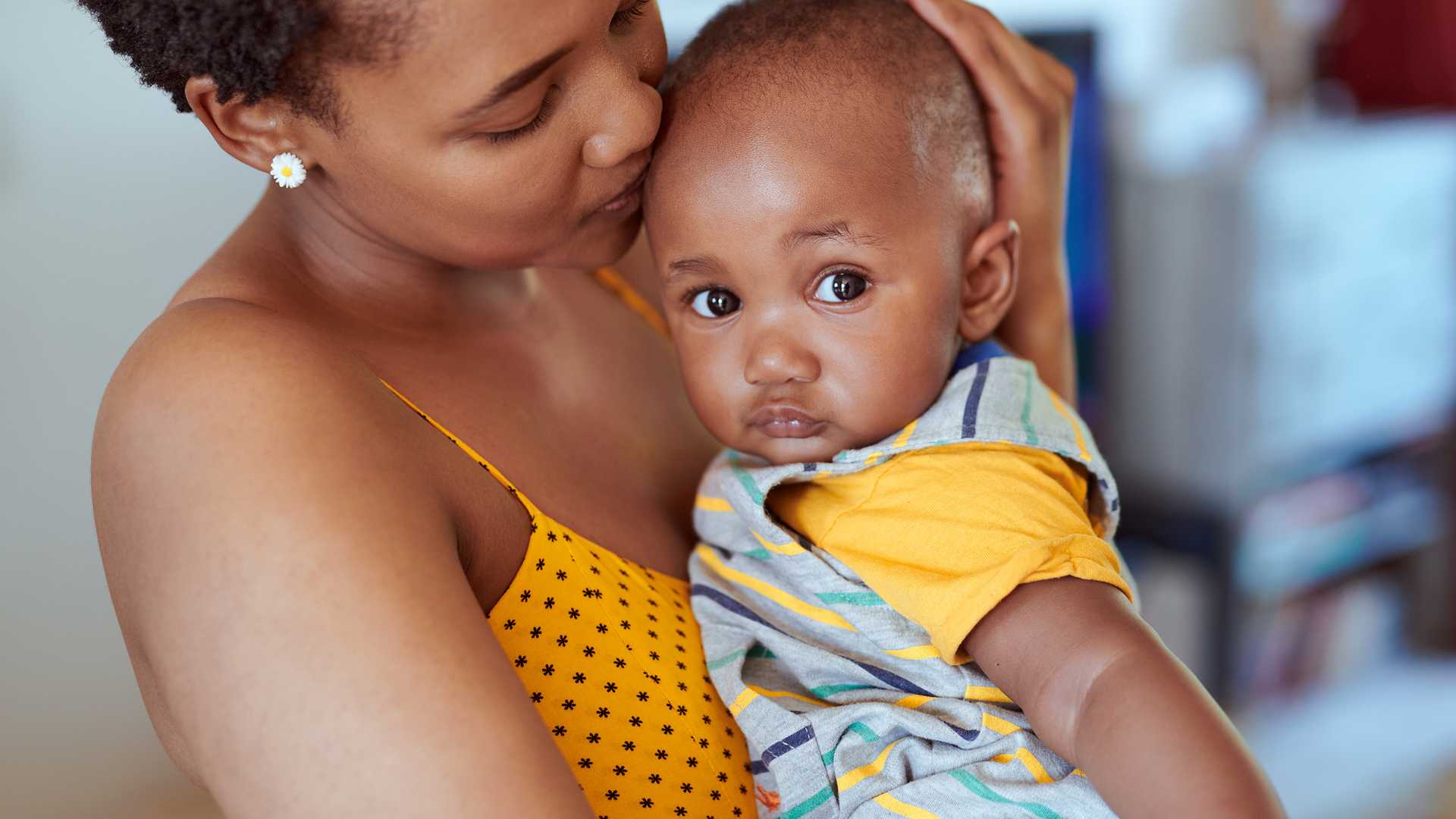
Your health shouldn’t depend on the color of your skin or the neighborhood you live in, but too often it does. Communities of color, accounting for nearly 40% of the U.S. population, bear a disproportionate burden of preventable disease, disability and death.
Today, the Blue Cross Blue Shield Association launched a National Health Equity Strategy to reimagine a more equitable system of health. This is a multiyear effort to address the nation’s unconscionable and unacceptable racial health disparities that have afflicted generations of Americans. This strategy builds on the pledge all Blue Cross and Blue Shield (BCBS) companies made last year to lead the essential work to fight systemic racism.
Your health shouldn’t depend on the color of your skin or the neighborhood you live in.
Health disparities are the result of a complex fabric of social, racial and economic injustice—a fabric we can’t unravel overnight. But starting here and now, the Blues are taking immediate and ongoing action to put an end to these inequities, setting bold goals and holding ourselves accountable to tangible results.
A Crisis in Maternal Health
Our first focus:in the next five years, we will reduce racial disparities in maternal health by 50%.
Data from the Centers for Disease Control and Prevention tells us that women of color—specifically Black and Indigenous women—are three times more likely to die from pregnancy complications than their white counterparts. In fact, the U.S. is the most dangerous developed country to have a baby. This is a crisis we must confront.
Many BCBS companies have started this work and are already focused on preventing these dangerous outcomes. Their work to date includes:
-
Identifying women at risk and providing one-on-one coaching to manage their chronic conditions during pregnancy.
-
Offering “prescriptions” for healthy food delivery and nutrition counseling—addressing underlying social determinants that have a significant impact on health.
-
Providing doula support to mothers throughout their pre- and postnatal journeys.
We will continue taking proven initiatives—and finding the best new ideas—and making them available to more people and communities across the country.
An Invitation to Join Us
To address racial health disparities in a meaningful way, we must bring more people to the table to create lasting change. That’s why we have convened a national advisory panel of distinguished doctors, public health experts and community leaders to guide this work. With their counsel, we’ll be focusing on specific efforts to build a more equitable future:
-
Encouraging industry initiatives to develop national standards for the collection of race, ethnicity and language (R/E/L) data, to understand where we are today and track our progress.
-
Partnering with providers to offer unconscious bias training and incentives to ensure culturally appropriate care and improve health outcomes.
-
Leaning into new and longstanding relationships with community organizations to address root causes of inequities.
-
Advocating for public policies at the state and federal levels to improve access to health coverage and supporting efforts like the CDC’s recently announced initiatives to address racism as a public health threat, the White House’s first-ever proclamation on Black maternal health and the Momnibus package.
These are just some of the steps the Blues are committed to, and we invite others—industry leaders, policymakers, providers, employers and other stakeholders—to join us in this crucial work. Together, I believe we can build a new model of equitable care. Not just for the 110 million BCBS members, but for all Americans.
The Blue Cross and Blue Shield Association is a national federation of independent, community-based and locally operated Blue Cross and Blue Shield companies.